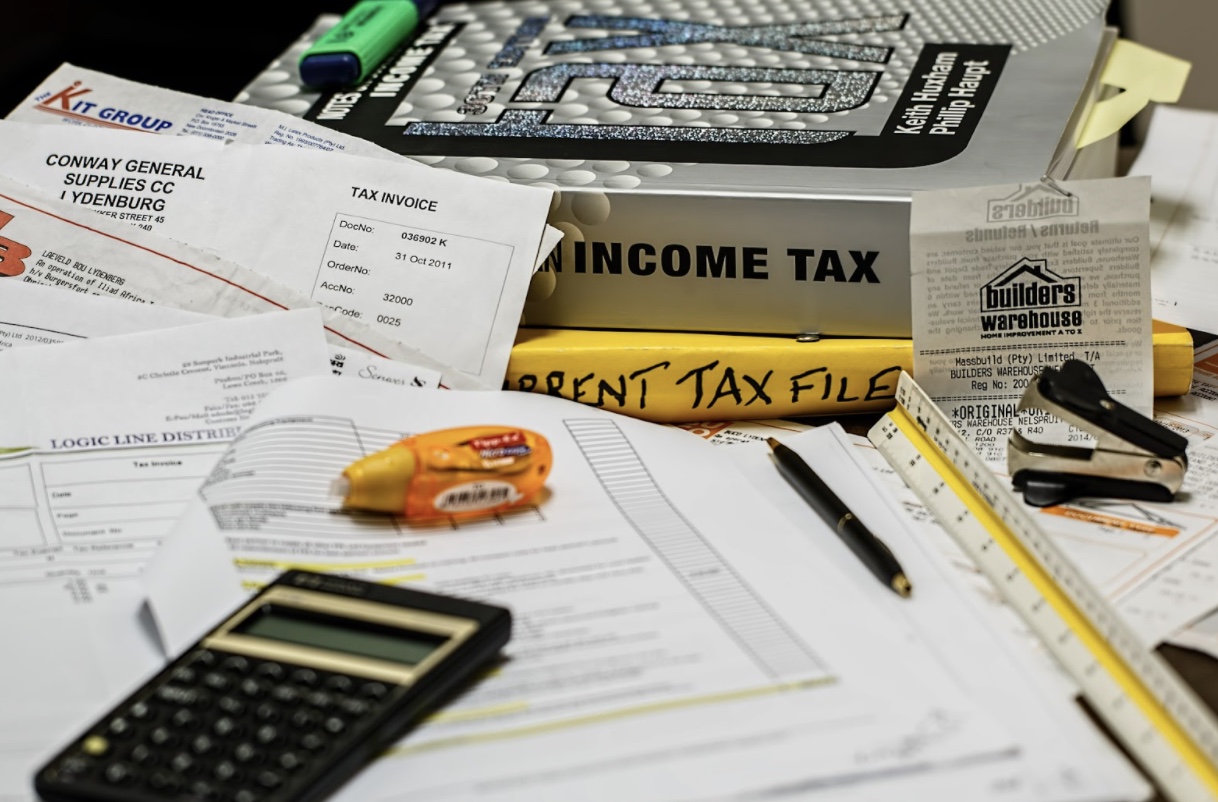The Tax Cuts and Jobs Act has changed the way that tax audits are handled. Taxpayers now have a greater chance of being audited than ever before, which is an alarming trend for many people. However, there are ways to avoid this issue entirely!
In this article, we will go over some steps that you can take to ensure your taxes look kosher in the eyes of the IRS, so you don’t have to worry about receiving a nasty letter from them any time soon. Check on the list below.
Contents
File Your Tax Returns On Time
The Tax Cuts and Jobs Act requires that you file your tax returns on time to avoid an audit. Taxpayers who don’t file their taxes by the deadline but instead wait until April 15th may increase their chance of being audited significantly. If you are a procrastinator or if you’re worried about making mistakes when filing your return, then it’s best to get started early!
Instead of waiting until April 14th (or later) to start preparing for next year’s taxes, get ahead of the game now so that you can fix any possible issues before they become worse.
Beware Of Your Industry Averages And Expenses
If you work in an industry on the IRS’s watch list, it may be more difficult for you to avoid getting audited. Taxpayers who work with oil and gas extraction or construction industries are generally at a greater risk of getting an IRS audit than taxpayers from other sectors. However, not all people within these industries will be subjected to audits; some will actually get lucky because their business expenses are below average when compared to others in their respective sectors.
The same goes for your tax returns: if your business expenses go above what is considered “average,” then this could trigger an audit as well! Another thing worth noting here is where you live- some states have higher auditing rates than others due to past audit rates. Taxpayers in Illinois, for example, should be especially careful because their past audit rate is slightly above the national average, and they’re also on the IRS’s watch list.
Attach Additional Statements And Comments To Tax Forms
If you are self-employed, then it’s essential to attach a personal statement to your tax form. The IRS will want to know about any side businesses that you may have or other sources of income from this past year so make sure that they’re included on the return. All statements should be accurate and as detailed as possible in order – do not leave anything out!
There is also an option for taxpayers who don’t feel confident with filling out their taxes: hiring a professional preparer can help them avoid getting audited in the future. They’ll most likely catch mistakes before filing because they know what every question means when completing forms like W-12 and W-14, which often come up during audits.
Avoid Schedule C Tax Preparers

Taxpayers who are audited most often use Schedule C Tax Preparators, a small business tax form. Taxpayers can be randomly selected for an audit when they file these returns, so you should avoid this at all costs! If you have any questions about the form (or any other forms), then it’s best to consult with an accountant or professional tax preparer instead of doing your own taxes.
The IRS has also provided some information on how taxpayers may request copies of their previous year’s filings as well if they think that there was something wrong with them and want further clarification before submitting next year’s return. You must make sure that everything looks kosher. Otherwise, you will be subject to penalties from the government agency.
File Payroll Reports nAd Remit Payroll Withholding Tax
There are many ways to avoid an audit from the IRS. Taxpayers should be sure to submit their payroll reports on time, with any necessary attachments and information as well- this will reduce your chance of being audited significantly. Taxpayers who need help filling these returns can use a tax professional or accountant specializing in payroll taxes for additional assistance.
Taxes aren’t always fun, but they’re worth it! Get started early, so you don’t have to worry about them come April 15th when preparing next year’s taxes becomes more stressful than ever before.
Avoid Round Numbers
It’s important to remember that round numbers are a red flag for the IRS and may trigger an audit. Taxpayers should always use decimals when completing their tax returns so they can avoid any unnecessary scrutiny from the agency in charge of collecting taxes.
In the case of round numbers, the IRS will want to know why you used them in your calculations and may even ask for receipts or invoices as proof. Taxpayers should never forget that they’re responsible for any mistakes on their returns, so it’s important to double-check everything before submitting!
Be Sure To Get A W-2 From Any Company You Work For
Whether you’re filing your taxes as a self-employed individual or an employer, it’s essential that the W-Form is included when submitting the rest of your tax return. Taxpayers who work in one company and get paid by another need to be sure they have all paperwork from both entities before completing their returns – this includes any miscellaneous expenses like mileage!
It may seem tedious, but you’ll save yourself time if you do it now instead of later on April 15th.”
Get An Accountant If You’re Unsure About Anything

Some taxpayers may not feel confident in their ability to fill out a tax return on their own. Taxpayers can hire an accountant or financial advisor to manage their company finances and for additional assistance in their tax filing. This will help them avoid the stress and hassle of facing an audit from the IRS.”
Hiring an accountant to file your returns is a great way to avoid an audit from the IRS! Taxpayers should be sure to inform their accountant or financial advisor of any changes in income, lifestyle, dependents, and other information that may affect your tax return.
Hopefully, these tips will help you to get a jumpstart on your taxes and avoid any surprises or penalties come tax season. Remember, the IRS is always looking for more ways to make sure everyone pays their fair share of taxes, so be careful not to break any rules! Happy filing!
